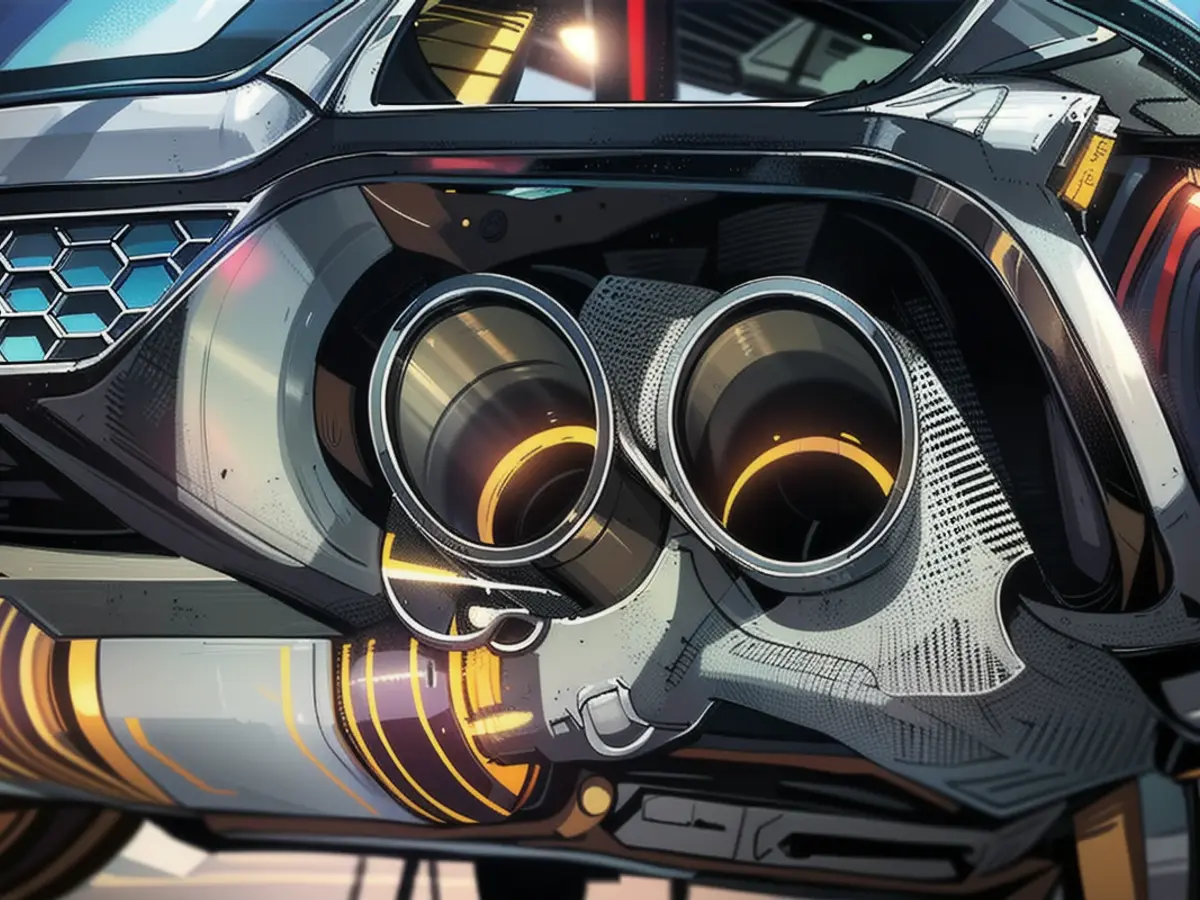The CEO of BMW considers a ban on combustion cars to be unrealistic.
Beginning in 2035, no fresh combustion engines can be registered in the European Union as per the current rule. BMW's CEO, Oliver Zipse, expects the government's strict ban to be eased up. His reasoning revolves around the notion that carbon dioxide emissions from cars can be curbed more efficiently in Europe.
In Zipse's opinion, the EU's ruling against combustion engines was imprudent. BMW communicated this message from the very start, and endured an onslaught of negative public criticism as a result. However, now that others are starting to see the light, he is hopeful.
One year ago, the European Union's member states and European Parliament interdicted the registration of diesel and petrol engines in new vehicles. This implies that by 2035, new cars must not release carbon dioxide, which emerges from the combustion of these fuels. Although there are ongoing discussions regarding e-fuels, cars with electric motors are currently the most inexpensive option for meeting future regulations. However, they remain significantly pricier than combustion engines.
"Manipulating markets on a massive scale generally leads to worse outcomes: the market position, the ecological influence, and job security," said Zipse. From his perspective, this regulation jeopardizes the European auto industry, potentially halving its value and affecting a corresponding number of jobs.
The legislative act covering the expulsion of combustion engines includes a provision for the EU Commission to review the impact and progress of the law in 2026. In light of the growing discontent and the European Parliament elections slated for June, there have been numerous calls to backtrack on the decision. There's a distinct possibility of this happening, given the increasing attacks and negative feedback.
"When you examine the situation objectively, it's clear that change is inevitable," Zipse stated. "By enforcing the 2035 ban, we've made our whole industry susceptible to control by international competitors and car suppliers. This would disrupt the market dynamics and make the necessary raw materials much more costly."
CO2 emissions in the EU could decrease considerably if combustion engines remain in use post-2035, according to Zipse. Although it is frequently believed that the maximal ecological impact can be achieved by managing the new car market, what about the 25 million-plus existing vehicles in Europe that operate on combustion engines? Zipse highlights that this group of older vehicles is the primary emitter, yet is completely outside the purview of this regulation. Hence, there is a need for a "more rigorous CO2 target" for these fuels. To achieve this, the petroleum industry would have to expand its use of low-CO2 or CO2-neutral fuels.
Read also:
- Lack of snow also opens up new opportunities for winter tourism
- Abrupt end to e-car subsidies
- The chemical industry has little confidence
- Intersport boss hopes for sales boom through sporting events
Despite Zipse's belief in the EU's unrealistic ban on combustion engines, BMW, under his leadership, has been actively exploring alternatives. Oliver Zipse, BMW's CEO, has advocated for the gradual phase-out of combustion engines, suggesting a more balanced approach that considers the implications on existing vehicles and the market as a whole.
In light of the ongoing discussions about the EU's combustion engine ban, Zipse has proposed a strategic shift for BMW. This includes investing in advanced technologies like electric and hydrogen vehicles, while continuing to improve the efficiency of combustion engines to reduce emissions.
Source: www.ntv.de








